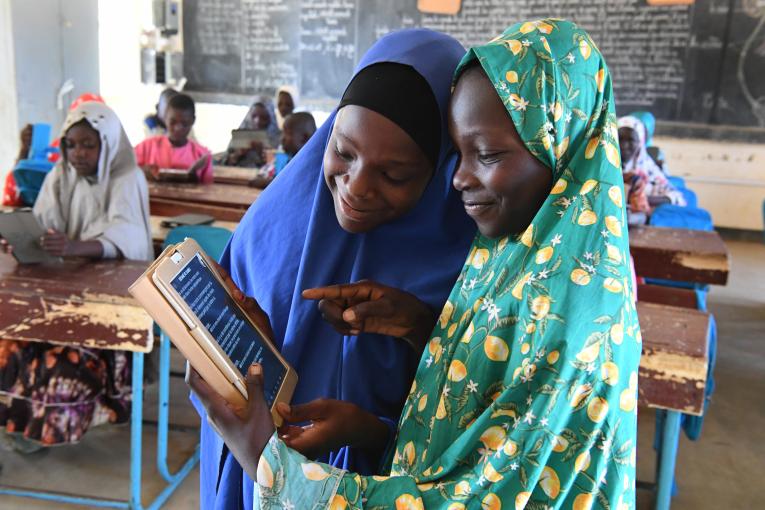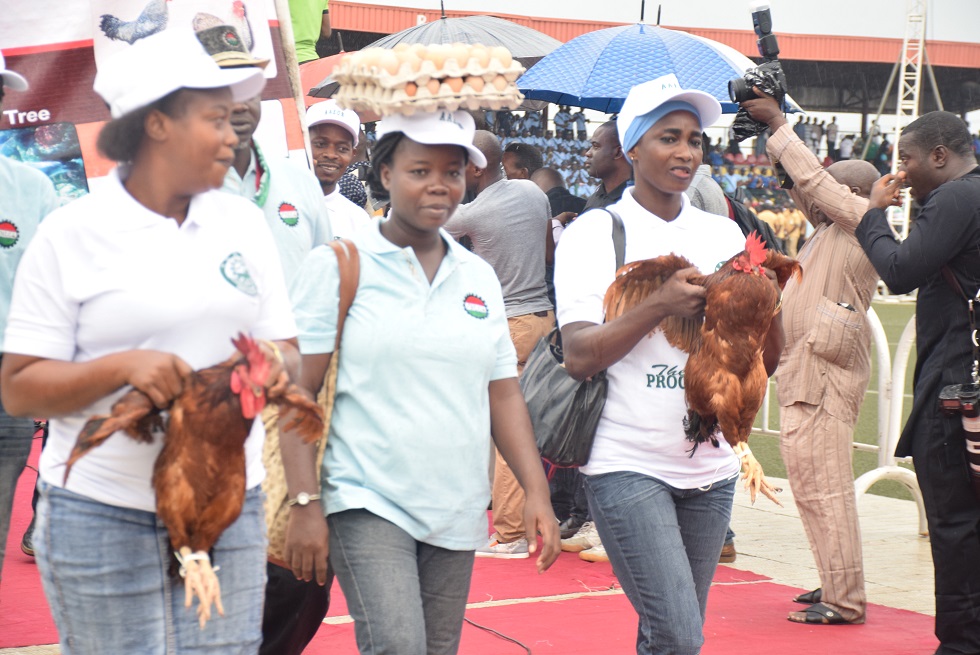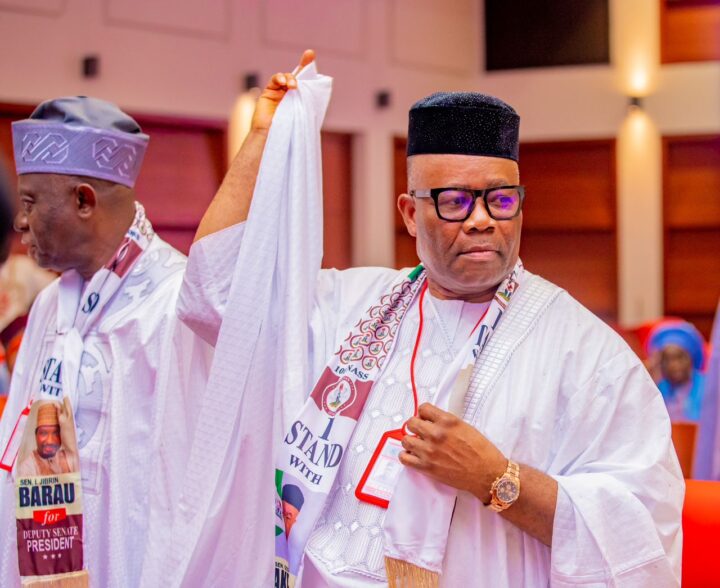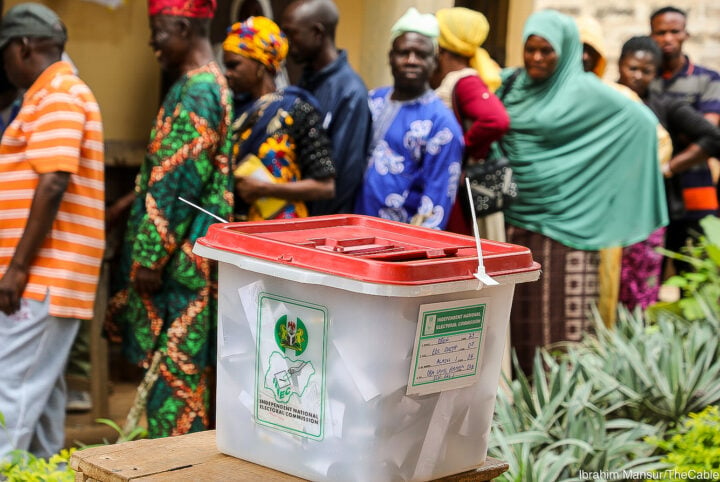BY OLUWATOYIN AJILORE-CHUKWUEMEKA
When decision-makers discuss how education drives development, there is usually a hyper-focus on STEM (Science, Technology, Engineering, and Maths). The Revised National Policy of Education (2013) reveals Nigeria’s commitment to ensuring that “a sizable proportion of university education shall be devoted to Science and Technology”. The manifesto of the new Bola Tinubu-led administration on Education emphasized the need for STEM incentives including ensuring that “students who choose and then excel in STEM courses will be given priority for scholarships, internships, graduate school admissions, and employment.”
But is STEM able to drive national development in and of itself?
There are at least three reasons why I do not think so. STEM cannot produce its highest possibilities without the Arts, Humanities, and Social Sciences. Education and Research that will profoundly impact national development must combine a mixed focus on Arts and Humanities, as well as STEM. To increase our chances at increased science and technological innovations that will lead us toward socio-economic development, we must extend our focus beyond science and technology themselves.
Advertisement
First, a cursory look at early scientists will reveal how cross-sectional their interests were, intersecting sciences with Arts and Humanities. Their non-STEM interests were far from impeding their scientific achievements, rather they bolstered them. Albert Einstein was not only a gifted scientist but also a talented violinist. Reports reveal that Einstein’s musical interest was helpful in his development of a sense of timing and rhythm, which was important in his work on the theory of relativity.
Creativity is the fuel of innovation. A person’s ability to innovate is significantly affected when any part of their creative mind is stifled. The forceful imposition of boundaries between sciences, Humanities, and Arts, alongside the exaltation of STEM over these other non-STEM areas, can cost us our chances at groundbreaking scientific and technological innovation in the long run.
In addition, it is always important to remember that the final goal of science and technological innovations is to make human lives better. Innovation, therefore, requires an intimate understanding of the humans to be innovated for. You simply can’t innovate for the people you don’t understand. When it comes to large-scale STEM innovations that change people’s lives and eventually a nation’s development, the daily anecdotal experience of the innovators with their immediate neighbours is not enough human knowledge. To innovate for people on a wide scale, you need rigorous, research-based understanding of their complexities. This is a crucial contribution that the Arts, Humanities, and Social Sciences make to Science.
Advertisement
They ground scientific research in the appropriate understanding of the social psychology, cultures, and histories of the people who are to benefit from such innovations. This has been a major challenge to scientific and technological innovations in Africa. We do not have enough empirical understanding of our culture, idiosyncrasies, and shared collectiveness to make innovations go beyond being nice science knowledge, or beautifully designed tech tools, to becoming long-lasting solutions to our people’s problems. Ask any Nigerian tech startup founder about the difficulty of getting necessary psychographic data about the target market they are trying to innovate for, and you will have a lengthy tale of woes.
African innovators usually end up having to extrapolate from Western Humanities research about their own people, or having to leverage Humanities data from multilateral organizations (like World Bank, United Nations, etc) which many times are not so grassroots-based. We spend huge resources producing innovations that end up not as useful as they could have been because they were not grounded in the realities of the people they were meant for.
Further, the rising contribution of Creative Arts in the Nigerian economy is a sterling example of the contribution that non-STEM sectors can make to national development. The PwC Global Entertainment and Media Outlook for 2020-2023 identified Nigeria’s media and entertainment industry as one of the fastest-growing creative industries in the world. The report predicted that the industry is primed to become one of Nigeria’s greatest exports, with a projected annual growth rate of 8.6% and a compounded annual growth rate (CAGR) of 19.3% from 2018-2023.
There is a need to make more space for the Arts and Humanities in education and research, as we have been doing for STEM. Developed countries definitely understand this need. Researchers have reported that the current level of technological advancement in the Global North, especially Europe and North America, has resulted from centuries of placing history and Humanities at the center stage of learning as much as STEM. In 2016, the Singapore government increased funding for research in Humanities and Social Sciences by 45%. The country leadership emphasized the need for technological solutions with insights into how Singaporean society works.
Advertisement
To drive stronger innovations and all-round socioeconomic development, we must ensure that the technical knowledge of STEM is complemented with a stronger sociocultural understanding. Our quest for development requires that we transcend from thinking STEM to thinking STEAHM (Science, Technology, Arts and Humanities, Engineering and Maths). This transition must show in our policy and decision-making processes about how education and research are conducted, supported, and funded in our country. We must invest in raising the next generation of innovators who are capable of solving technological challenges in socially inclined ways.
Oluwatoyin is a Doctoral Researcher in STEM Education, Social Entrepreneur, and Policy Consultant. She writes from Boston, United States, & Lagos, Nigeria. She can be reached at [email protected]
Views expressed by contributors are strictly personal and not of TheCable.
Add a comment






